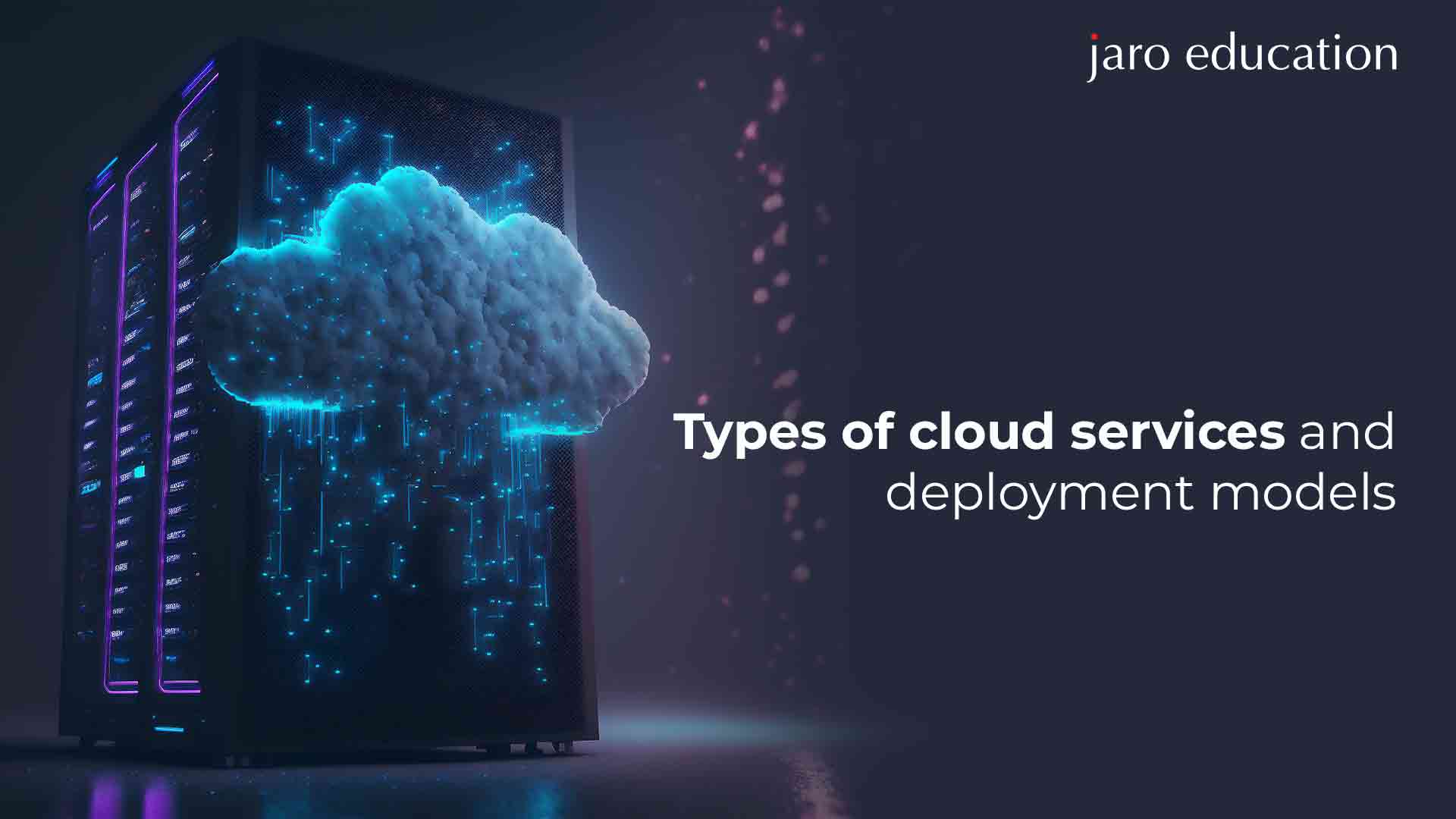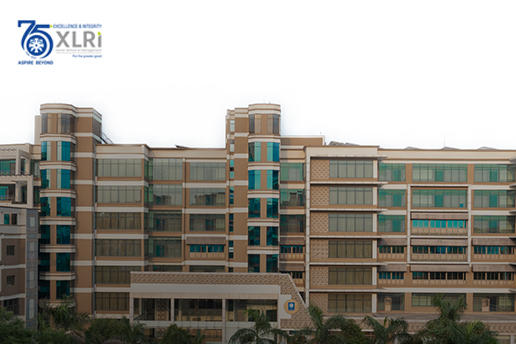Cloud computing has transformed how businesses operate and manage their data and applications. It provides a flexible and scalable platform that allows organisations to leverage advanced technologies without worrying about infrastructure management. Cloud computing services are classified into different categories based on cloud computing deployment models and service models. In this blog, we will delve into the types of cloud services and deployment models and provide insights into the PG Certificate Programme in Cloud Computing at IIT Palakkad.
Types of Cloud Services
Cloud computing services are categorised based on service models as follows:
-
Infrastructure-as-a-Service
IaaS provides a virtualised computing infrastructure over the Internet, allowing businesses to rent servers, storage, and networking resources. Customers have control over their operating systems and applications but are responsible for managing and securing their data. One major advantage of IaaS is its scalability. Businesses can easily scale up or down their IT infrastructure based on their needs without worrying about the physical limitations of traditional data centres. This makes it ideal for companies with fluctuating workloads or seasonal demands.
-
Platform-as-a-Service
PaaS provides a platform for businesses to develop, deploy, and manage applications without worrying about infrastructure management. It offers a runtime environment and a set of tools and services to build and run applications. With PaaS, developers can focus more on coding their applications rather than worrying about managing the underlying infrastructure. This type of cloud service allows for faster development cycles since it eliminates the need to set up and maintain hardware or software components.
-
Software-as-a-Service (SaaS)
SaaS provides a software application that runs on a cloud infrastructure and is accessible through the Internet. It eliminates the need for businesses to install and maintain software on their local computers and allows them to pay for the software on a subscription basis. One of the biggest advantages of SaaS is its accessibility. All you need is an internet connection and a web browser, which allows users to access their applications from anywhere in the world. Additionally, since all maintenance and updates are done by the provider, there is no need for businesses to hire IT staff to manage their software.
-
Managed Services
Managed Services is a cloud computing model that provides an organization with ongoing IT support and maintenance. This type of service allows businesses to focus on their core operations while leaving the responsibility of managing, monitoring, and maintaining their IT infrastructure in the hands of experts.
The Managed Services model includes services such as network administration, server management, security monitoring, backup and disaster recovery solutions, among others. In essence, it covers all aspects of ensuring that the customer’s systems are operational at all times.
Types of Cloud Computing Deployment Models
Cloud computing deployment models are classified based on the location of the cloud infrastructure and how it is managed. The most common types of cloud computing deployment models are:
-
Public Cloud
The public cloud refers to cloud services that are provided by third-party providers and are accessible over the Internet. Customers can rent services and pay for what they use without worrying about infrastructure management. The provider is responsible for managing the infrastructure, security, and maintenance.
-
Private Cloud
Private cloud refers to cloud services that are provided within a company’s own infrastructure or on a third-party provider’s infrastructure. It offers greater control and security but requires significant upfront investment and maintenance.
-
Hybrid Cloud
A hybrid cloud is a combination of public and private cloud services that allow businesses to use both environments to meet their specific needs. It offers flexibility and scalability, enabling organisations to run critical applications on private clouds and less sensitive workloads on public clouds
-
Multi-Cloud
Multi-cloud refers to the use of multiple cloud services from different providers to meet specific business needs. It offers greater flexibility, redundancy, and resilience but requires careful management and integration.
Transcend into Cloud Computing Professional with PG Certificate Programme in Cloud Computing by IIT Palakkad
The PG Certificate Programme in Cloud Computing IIT Palakkad is a comprehensive programme designed to provide students with in-depth knowledge and practical skills in cloud computing technologies. IIT Palakkad offers the programme in collaboration with Jaro Education, a leading education provider in India.
The programme covers a wide range of topics, including Cloud Foundations, Big Data Management and Analytics, Microservices, Fundamentals of Programming, Data Structures, and Algorithms. Students will learn how to design, deploy, and manage cloud-based solutions and gain hands-on experience through practical sessions and a capstone project.
The programme is designed for working professionals and graduates who want to upskill and advance their careers in cloud computing. It is delivered through online classes, enabling students to learn at their own pace and convenience.
Final Thoughts
Cloud computing is a rapidly evolving technology that offers a range of cloud computing services and cloud computing deployment models to meet specific business needs. Understanding the types of cloud services and deployment models is crucial for businesses to make informed decisions about their IT infrastructure and choose the right solution for their specific requirements. The PG Certificate Programme in Cloud Computing by IIT Palakkad is an excellent opportunity for individuals who want to excel in their careers in cloud computing. This is hands down one of the best cloud computing courses that provide comprehensive knowledge and practical skills in various cloud technologies, preparing students to meet the demands of the rapidly evolving industry. Professionals who want to raise their career in this dynamic domain of cloud computing should connect with our programme experts today.






